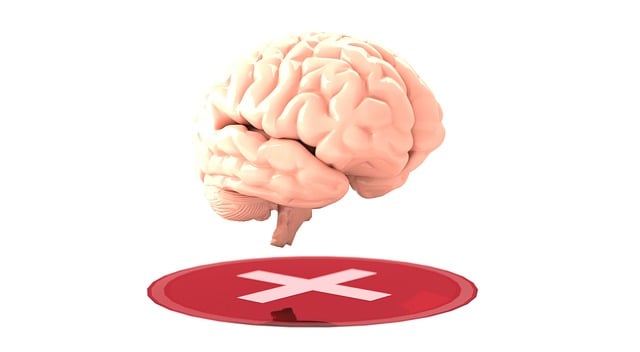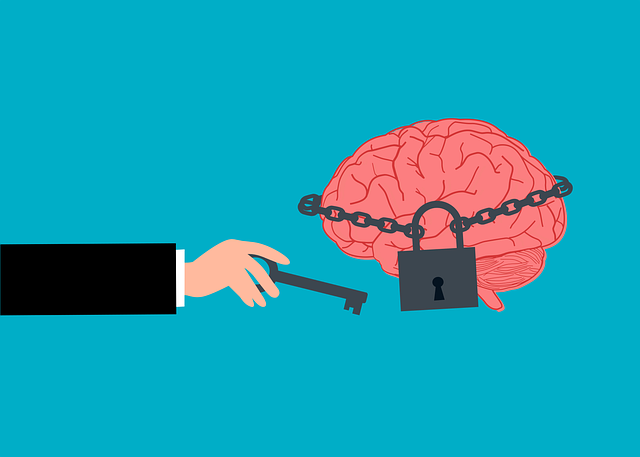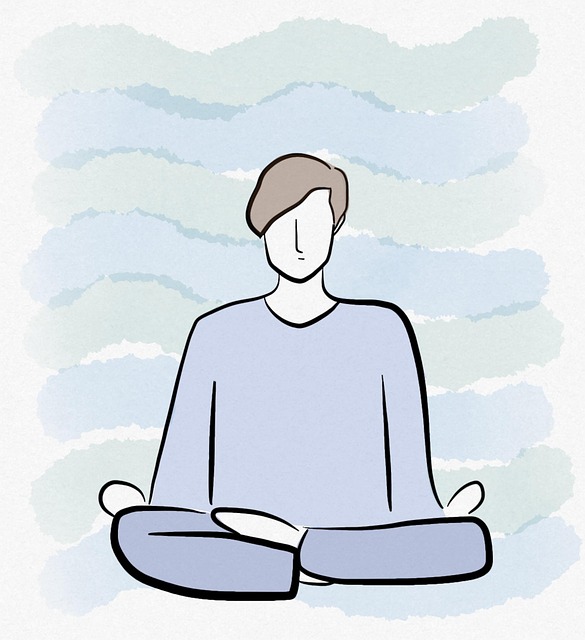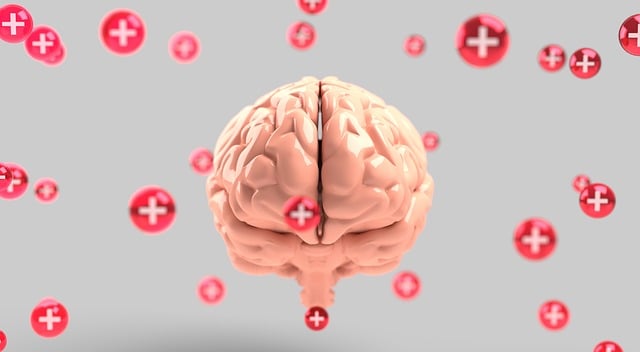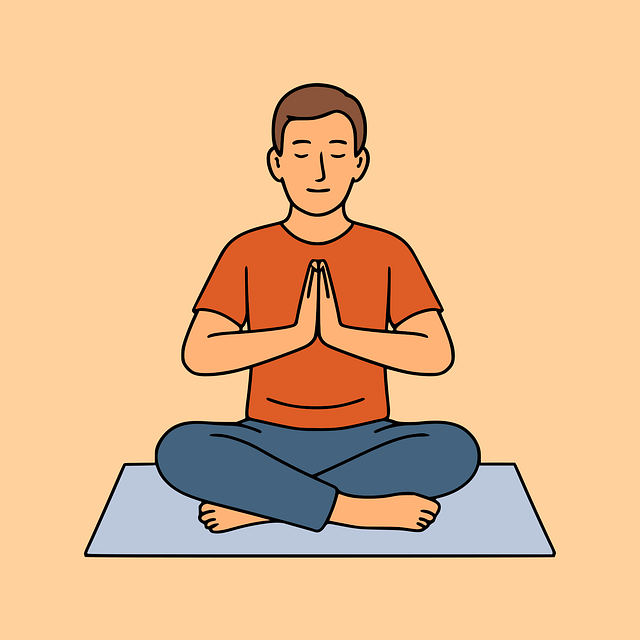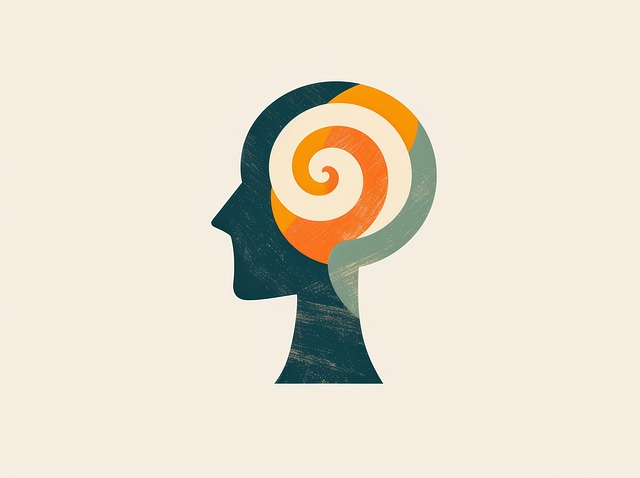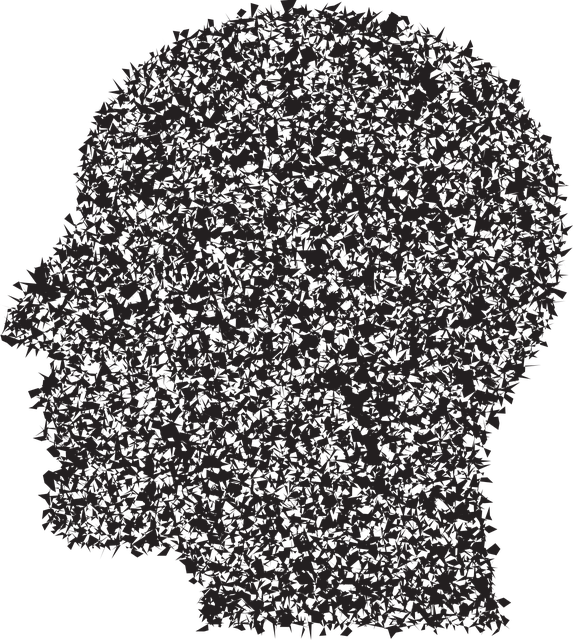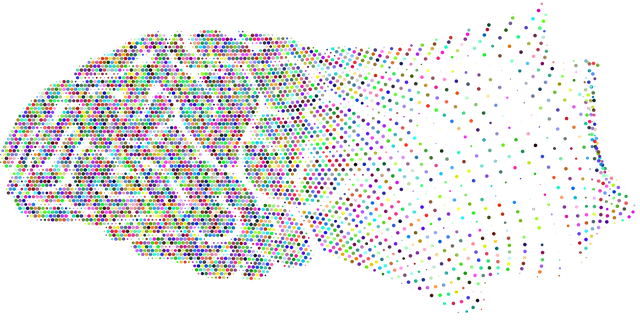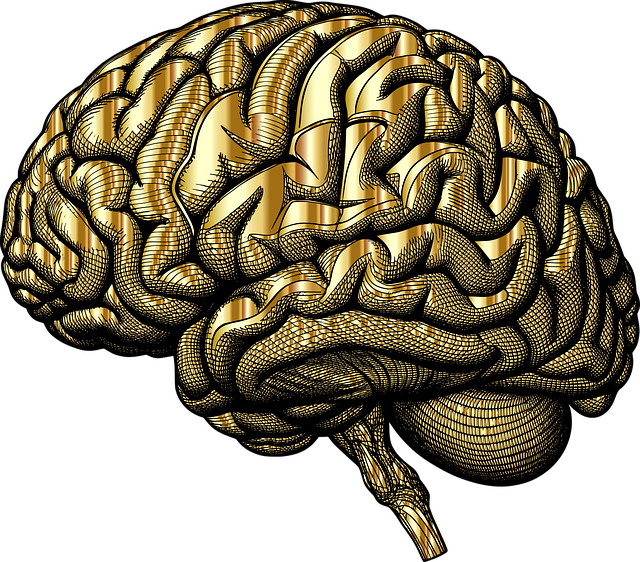Anxiety disorders and alcohol abuse co-occur frequently, impacting daily life and mental well-being. Cognitive Behavioral Therapy (CBT) offers a structured approach to manage anxiety and treat substance abuse holistically by addressing negative thought patterns and providing coping tools. Combining CBT with mindfulness practices like meditation and yoga enhances recovery, promoting emotional balance and stress management. Specialized therapy sessions, both individual and group, create supportive environments for learning and growth, fostering resilience in overcoming alcohol addiction and achieving long-term mental health.
Anxiety disorders affect millions, causing overwhelming fear and distress. Understanding these conditions and their impact is crucial in managing symptoms effectively. This article explores various therapy approaches, including Cognitive Behavioral Therapy (CBT), a proven step-by-step guide to rewiring negative thought patterns. We also delve into complementary practices for holistic anxiety management, with a special focus on therapy for alcohol abuse, offering valuable insights for those seeking relief and improved well-being.
- Understanding Anxiety Disorders and Their Impact
- Therapy Approaches for Alcohol Abuse and Anxiety
- Cognitive Behavioral Therapy (CBT): A Step-by-Step Guide
- Complementary Practices for Effective Anxiety Management
Understanding Anxiety Disorders and Their Impact

Anxiety disorders are prevalent mental illnesses that significantly impact individuals’ daily lives and overall well-being. They encompass a range of conditions, including generalized anxiety disorder, panic attacks, social anxiety, and obsessive-compulsive disorder (OCD). These disorders are characterized by persistent, excessive, and intrusive worries or fears that interfere with one’s ability to function normally. Understanding anxiety disorders is the first step towards effective management and treatment.
The impact of anxiety can be profound, affecting not just an individual’s mental state but also their physical health. Chronic anxiety can lead to various symptoms such as increased heart rate, insomnia, fatigue, muscle tension, and even contribute to the development of other mental illnesses like depression. Recognizing these disorders and breaking down the stigma associated with mental illness are crucial steps in encouraging individuals to seek therapy for alcohol abuse or other co-occurring conditions. By adopting mind over matter principles and building resilience, those affected can learn to manage their anxiety and lead fulfilling lives.
Therapy Approaches for Alcohol Abuse and Anxiety

Anxiety often goes hand in hand with alcohol abuse as a coping mechanism, creating a complex challenge that requires tailored therapy approaches. One effective strategy is cognitive-behavioral therapy (CBT), which helps individuals identify and change negative thought patterns and behaviors associated with anxiety. CBT for alcohol abuse focuses on understanding the underlying triggers, providing tools to manage cravings and stress, and fostering inner strength development. By addressing both the addiction and anxiety simultaneously, this therapy offers a holistic approach to recovery.
Additionally, group therapy sessions can be immensely beneficial, creating a supportive environment where individuals share experiences, gain insights from peers, and build coping strategies together. This social support network is crucial for preventing burnout and promoting long-term mental well-being. Moreover, integrating depression prevention techniques into the therapy plan is essential as anxiety and depression often co-occur. Through these comprehensive therapy approaches, individuals can effectively manage alcohol abuse and work towards a brighter, more anxious-free future.
Cognitive Behavioral Therapy (CBT): A Step-by-Step Guide

Cognitive Behavioral Therapy (CBT) offers a structured approach to managing anxiety disorders, helping individuals challenge and change negative thought patterns. This evidence-based therapy for alcohol abuse and other mental health issues focuses on the connection between thoughts, feelings, and behaviors. Through CBT, you learn to identify distorted thinking and replace it with more balanced perspectives, leading to improved emotional healing processes.
The process begins with identifying specific triggers and anxious thoughts. Your healthcare provider, often equipped with cultural competency training, guides you in understanding these patterns. Subsequent sessions involve challenging negative thoughts through logical analysis and evidence. You’ll learn coping strategies like relaxation techniques and problem-solving skills to manage anxiety symptoms effectively. Gradually, CBT equips you to prevent relapse and maintain long-term mood management, even in stressful situations.
Complementary Practices for Effective Anxiety Management

Anxiety management is a multifaceted approach, and combining various complementary practices can significantly enhance overall well-being. While traditional therapy plays a pivotal role, integrating alternative strategies tailored to individual needs offers powerful tools for coping with anxiety. Mindfulness meditation, for instance, has gained recognition as an effective method to regulate emotions and reduce stress. By focusing on the present moment and cultivating non-judgmental awareness, individuals can cultivate mental clarity and resilience against anxious thoughts.
Additionally, incorporating practices like deep breathing exercises, yoga, or even creative outlets like art therapy can provide a holistic approach to anxiety management. These complementary methods not only offer a sense of calm but also foster self-expression and emotional release. In the context of alcohol abuse, integrating such practices into treatment plans can aid in mood management and risk reduction, as shown by studies focusing on healthcare provider cultural competency training and risk management planning for mental health professionals.
Anxiety disorders, particularly when coupled with alcohol abuse, can significantly impair daily functioning. However, managing anxiety effectively is achievable through a combination of evidence-based therapy approaches, such as Cognitive Behavioral Therapy (CBT), and complementary practices. By understanding the impact of anxiety and exploring diverse management techniques, individuals can lead more balanced lives. Remember that seeking professional help for both alcohol abuse and anxiety is crucial, offering a path to recovery and improved well-being.
